In the realm of agriculture, successful farming requires not only the right seeds, weather conditions, and irrigation but also an essential skill: farmer digging. This technique of efficiently preparing the soil plays a crucial role in enhancing crop yields and overall farming productivity. In this article, we will delve deeper into the art of farmer digging, exploring its significance, techniques, and benefits for modern-day agriculture. Importance of Farmer Digging: Farmer digging, also known as soil cultivation or tillage, involves breaking up the top layer of the soil to promote seed growth, soil aeration, and nutrient distribution. During this process, farmers turn the soil, remove weeds, and incorporate organic matter, contributing to healthier plant growth and improved productivity.
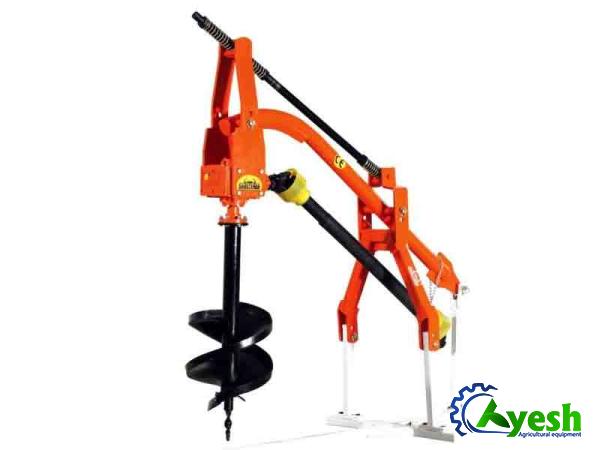
.
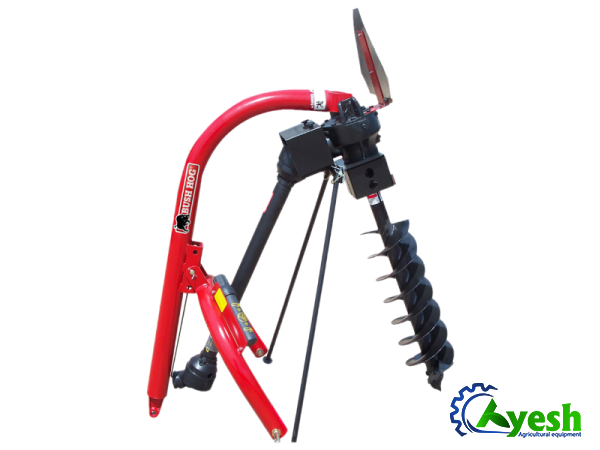 Techniques for Efficient Farmer Digging: 1. Plowing: The traditional method of farmer digging, plowing involves using a plow to overturn the soil. This technique helps bury crop residue, improves drainage, and breaks up compacted soil, allowing plant roots to penetrate easily. 2. Minimum Tillage: Also known as conservation tillage, this technique avoids extensive soil disturbance. Farmers use specialized equipment, such as chisel plows or field cultivators, to loosen the top layer without overturning it. Minimum tillage helps reduce erosion, conserve moisture, and maintain soil structure. 3. No-Till: A more advanced approach, no-till farming involves planting directly into untilled soil, leaving crop residues on the surface. This technique helps preserve soil moisture, minimize erosion risks, and improve soil health by promoting the activity of beneficial organisms. Benefits of Farmer Digging: 1. Weed Control: Effective farmer digging helps control weeds by uprooting them and preventing their rapid growth.
Techniques for Efficient Farmer Digging: 1. Plowing: The traditional method of farmer digging, plowing involves using a plow to overturn the soil. This technique helps bury crop residue, improves drainage, and breaks up compacted soil, allowing plant roots to penetrate easily. 2. Minimum Tillage: Also known as conservation tillage, this technique avoids extensive soil disturbance. Farmers use specialized equipment, such as chisel plows or field cultivators, to loosen the top layer without overturning it. Minimum tillage helps reduce erosion, conserve moisture, and maintain soil structure. 3. No-Till: A more advanced approach, no-till farming involves planting directly into untilled soil, leaving crop residues on the surface. This technique helps preserve soil moisture, minimize erosion risks, and improve soil health by promoting the activity of beneficial organisms. Benefits of Farmer Digging: 1. Weed Control: Effective farmer digging helps control weeds by uprooting them and preventing their rapid growth.
..
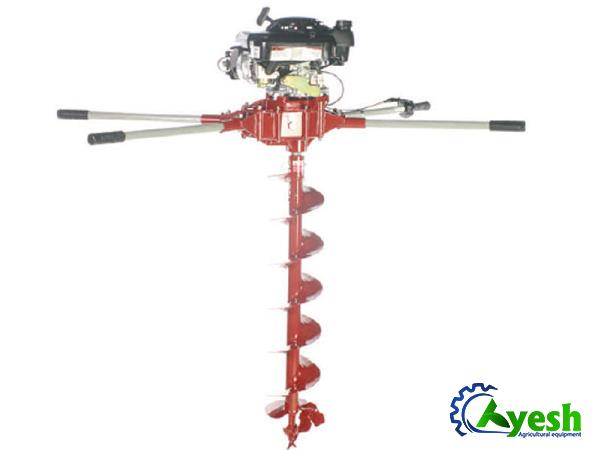 It reduces competition for resources, allowing crops to thrive. 2. Enhanced Soil Fertility: By incorporating organic matter and breaking up compacted soil, farmer digging improves soil health and fertility. Nutrients become more accessible to plants, leading to increased crop yield and improved quality. 3. Water Management: Proper farmer digging techniques facilitate water infiltration and drainage, helping to prevent waterlogging and soil compaction. This, in turn, promotes root development and maximizes water use efficiency. 4. Pest and Disease Management: The act of digging allows farmers to identify and remove pest-infected plants or disease-prone areas promptly, minimizing the spread of pests and diseases throughout the crop.
It reduces competition for resources, allowing crops to thrive. 2. Enhanced Soil Fertility: By incorporating organic matter and breaking up compacted soil, farmer digging improves soil health and fertility. Nutrients become more accessible to plants, leading to increased crop yield and improved quality. 3. Water Management: Proper farmer digging techniques facilitate water infiltration and drainage, helping to prevent waterlogging and soil compaction. This, in turn, promotes root development and maximizes water use efficiency. 4. Pest and Disease Management: The act of digging allows farmers to identify and remove pest-infected plants or disease-prone areas promptly, minimizing the spread of pests and diseases throughout the crop.
…
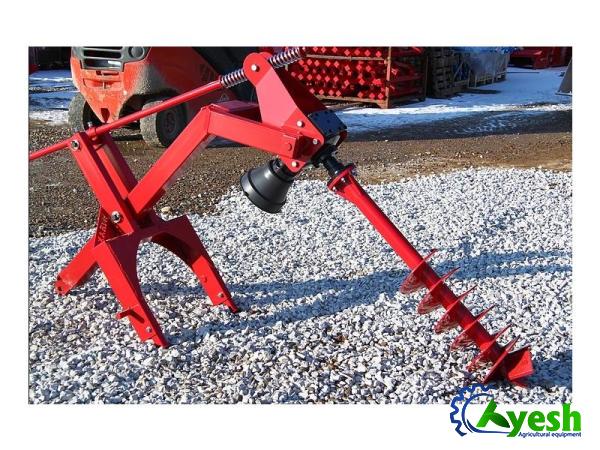 5. Enhanced Seed Germination: By properly cultivating the soil before planting, farmer digging helps create favorable conditions for seed germination. This leads to improved seedling emergence and uniform crop establishment. Conclusion: The art of farmer digging is a fundamental skill that plays a pivotal role in modern-day agriculture. By understanding and implementing efficient techniques, farmers can cultivate the soil in a way that optimizes plant growth, minimizes resource competition, and enhances overall crop yield. The benefits of farmer digging extend beyond the immediate planting season, promoting sustainable farming practices and improving long-term soil health. Investing in the art of farmer digging is an investment in the future of agriculture.
5. Enhanced Seed Germination: By properly cultivating the soil before planting, farmer digging helps create favorable conditions for seed germination. This leads to improved seedling emergence and uniform crop establishment. Conclusion: The art of farmer digging is a fundamental skill that plays a pivotal role in modern-day agriculture. By understanding and implementing efficient techniques, farmers can cultivate the soil in a way that optimizes plant growth, minimizes resource competition, and enhances overall crop yield. The benefits of farmer digging extend beyond the immediate planting season, promoting sustainable farming practices and improving long-term soil health. Investing in the art of farmer digging is an investment in the future of agriculture.
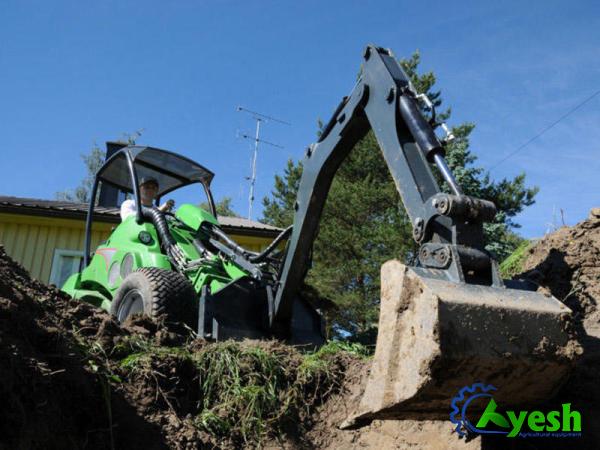
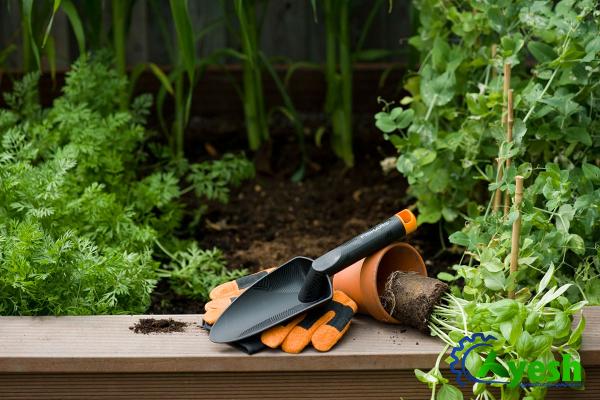
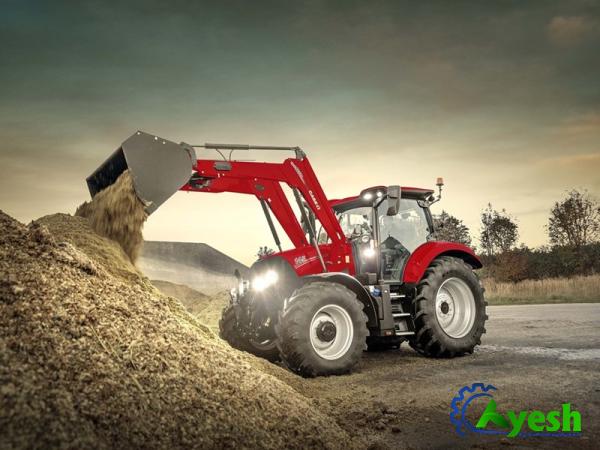

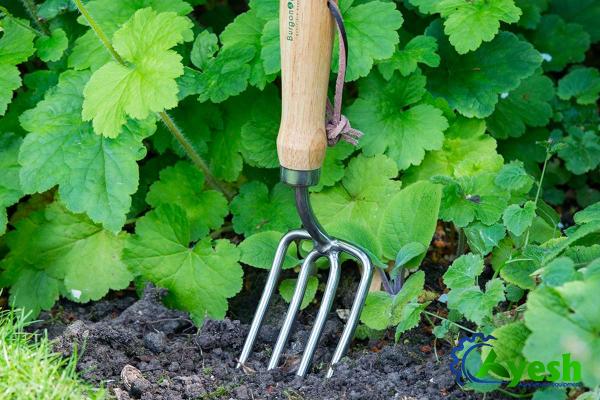
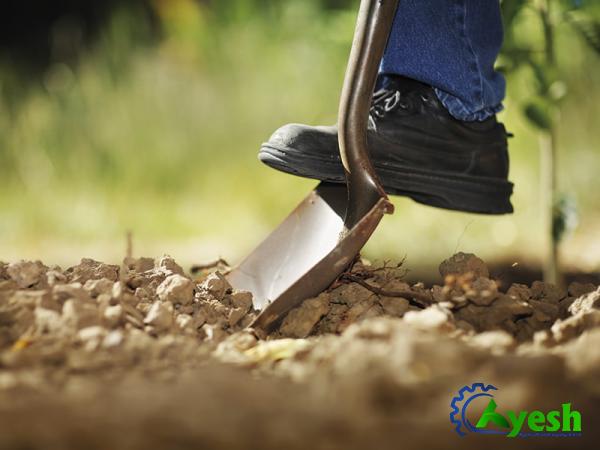

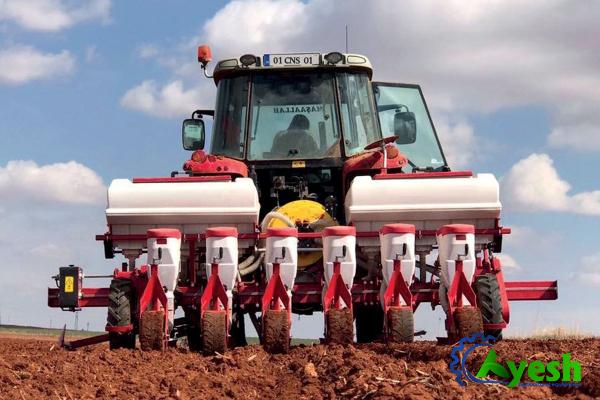
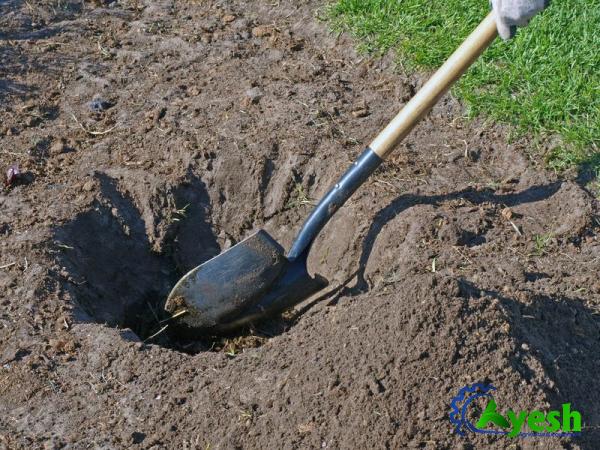
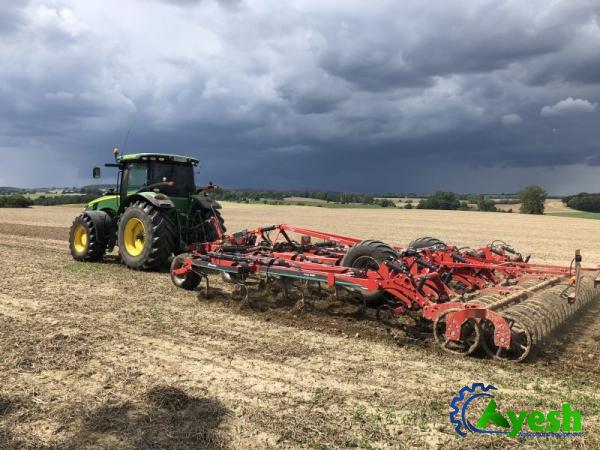
Your comment submitted.